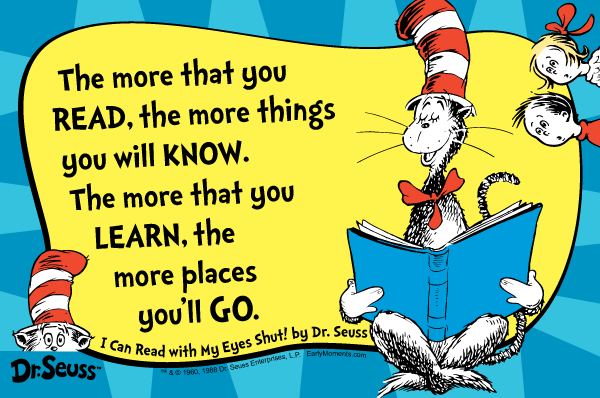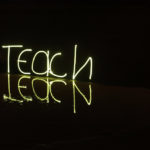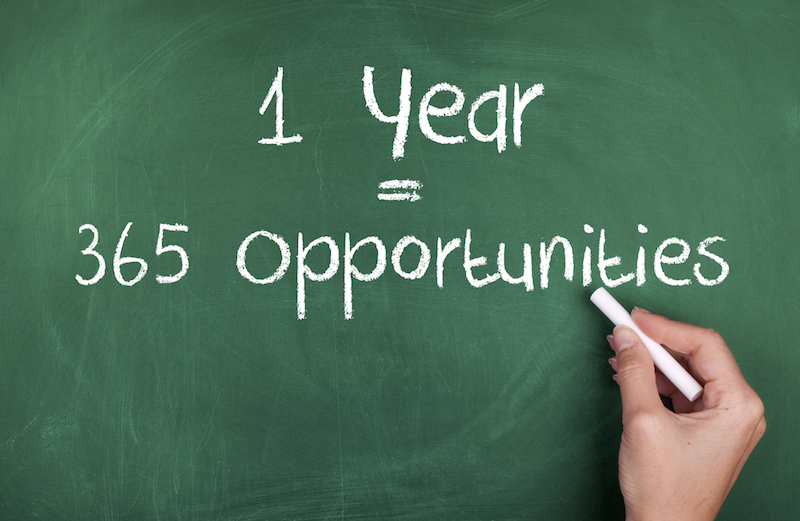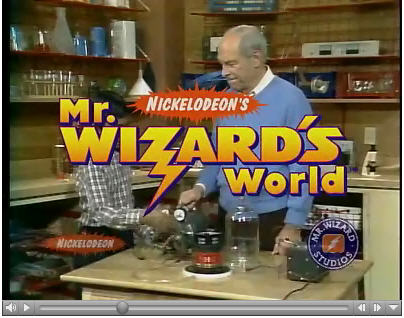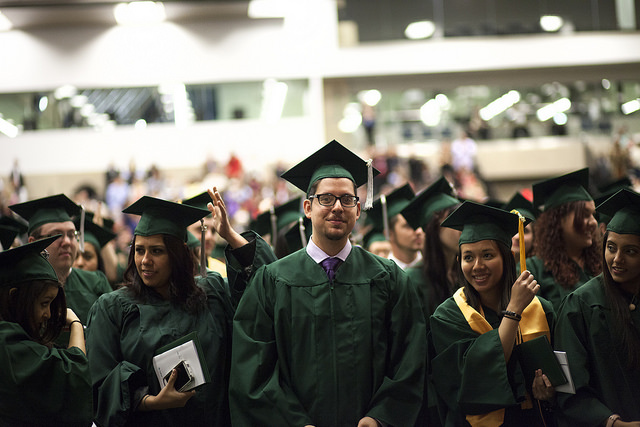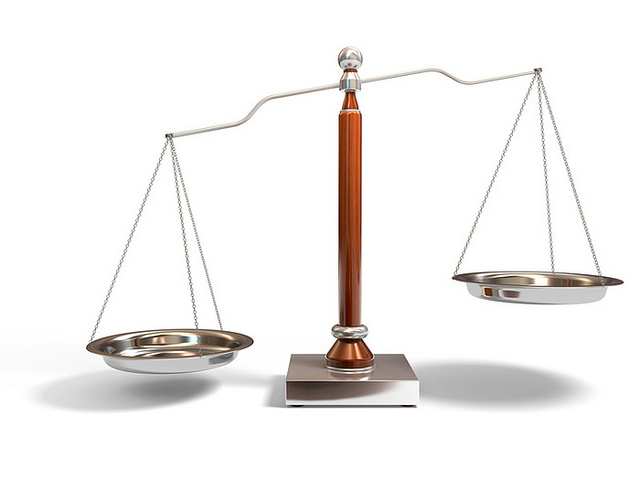“It is never too late to learn to be on time.”
—Author Unknown
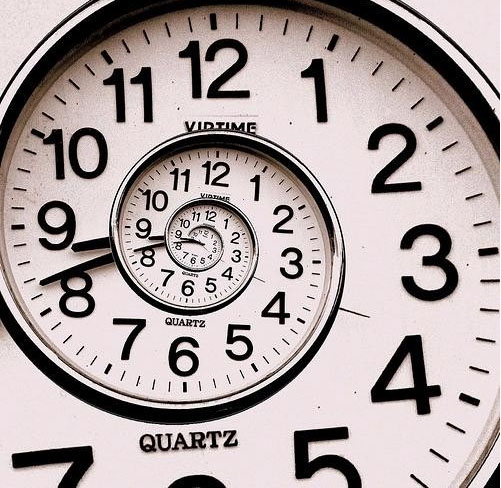
Image from Flickr by cea+
Time seems to fly these days, whether or not you are having fun. The pace of life has quickened, jamming our calendars, and stretching our schedules to the limit.
Unfortunately, these challenges come with some negative consequences in the form of emotional, physical, and social stressors.
How do you feel when you expect to be late, or miss an important commitment or deadline? How do you feel when family, friends, or work colleagues keep you waiting or don’t fulfill their promises? What does it cost you, and is it worth the price?
EXERCISE:
How and in what ways can you simplify your personal and professional worlds by reducing or eliminating the commitments that are simply not a priority? How can these changes provide you the added buffer to not only be on time, but fulfill virtually all of your personal and professional commitments?

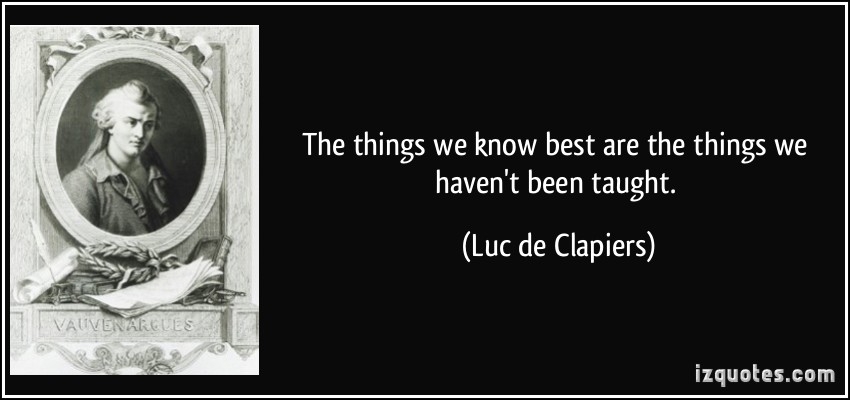 My first career, fresh out of college, was as a teacher. It was my belief at the time that it was my job to literally pour my knowledge of life science into the minds of 25 sixth grade students. What I discovered was that very little got in, and even less of my brilliant lessons stuck for more than a week or two.
My first career, fresh out of college, was as a teacher. It was my belief at the time that it was my job to literally pour my knowledge of life science into the minds of 25 sixth grade students. What I discovered was that very little got in, and even less of my brilliant lessons stuck for more than a week or two.